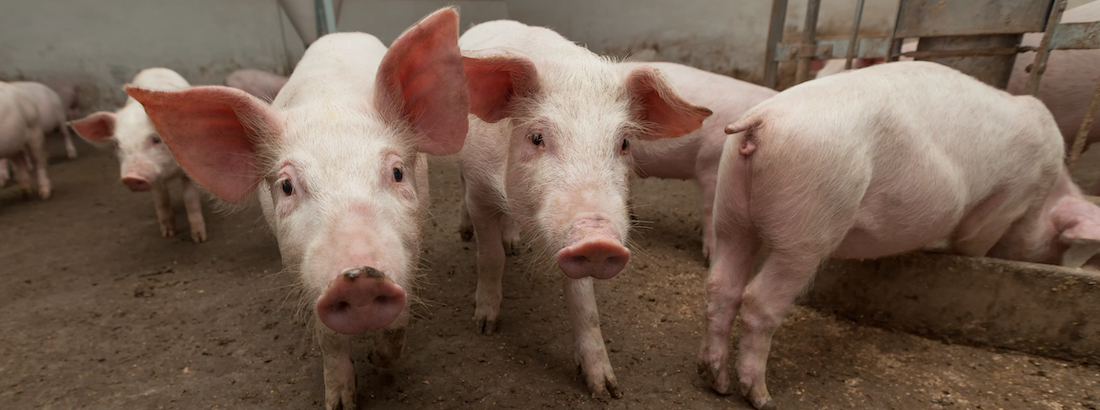Moral Convictions and Meat Consumption — A Comparative Study of the Animal Ethics Orientations of Consumers of Pork in Denmark, Germany, and Sweden

By T. B. Lund, S. Denver, J. Nordström, T. Christensen & P. Sandøe (2021)
Animals. MDPI
Simple summary
In western Europe, national animal welfare legislation since the 1980s in combination with EU legislation has served to ensure minimal requirements for the welfare of farm animals. For many consumers, however, these requirements do not go far enough. Market-driven initiatives where farmers, processors of animal products, and retailers raise the standards via labelling schemes and price premiums may further improve the welfare of farm animals, but such initiatives are only viable solutions if there is sufficient consumer support. To find out to what extent such support exists, we studied the relationship between animal ethics orientations and consumer demand for welfare-enhanced pork in Denmark, Germany, and Sweden. In all three countries, we identified a consumer segment that endorses the ideal behind schemes to enhance farm animal welfare, i.e., that it is ethically justified to eat meat provided the animals enjoy a good level of welfare. Consumers in this segment are highly concerned about animal welfare, and also purchase welfare pork more often than other consumers. More than one fourth of consumers in all three countries belong to this segment; therefore, we believe that market actors can be reassured that there will be persistent consumer demand for welfare-enhanced meat.
Abstract
Background: The relationship between animal ethics orientations and consumer demand for meat with high standards of animal welfare, and the way this relationship plays out in different countries, is not well understood. Using pork as a case study, this comparative study aims to identify the animal ethics orientations that drive purchases of welfare meat in Denmark, Germany, and Sweden. Methods: Cross-sectional questionnaire data from representative samples of approximately 1600 consumers in each country were collected. A segmentation of pork consumers (using latent profile analysis) was carried out. Results: In all three countries, two subgroups were concerned about farm animal welfare: the first subgroup was driven by animal rights values; the second subgroup by animal protection values, where the main principle was that “it is all right to use animals as long as they are treated well”. Other consumer groups are less concerned about farm animal welfare and display little or no preference for welfare pork. Conclusions: In all three countries, dual demand for welfare pork exists. The findings of this study can be used, among others, to understand the marketability of enhanced welfare animal products and the potential for market-driven animal welfare improvements.
